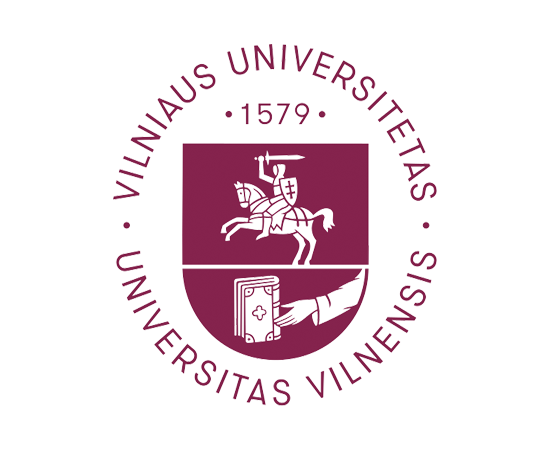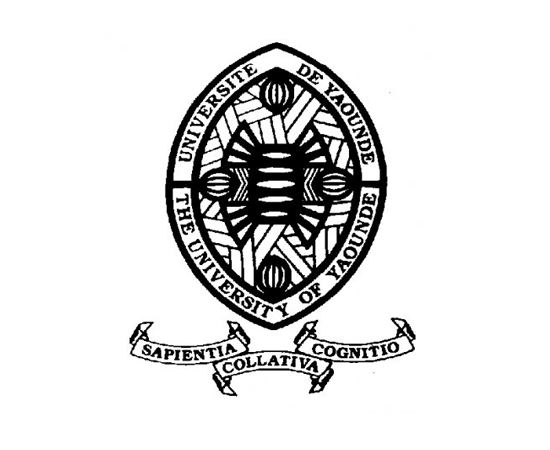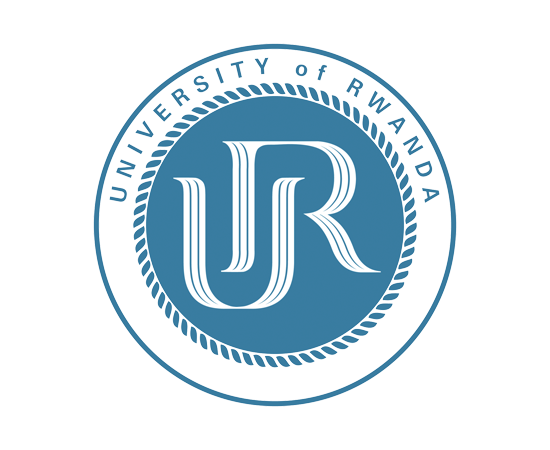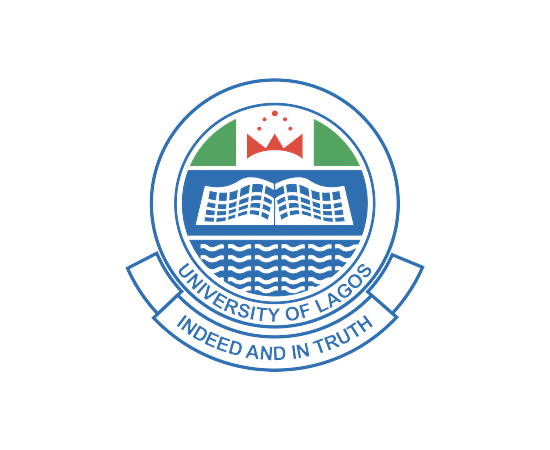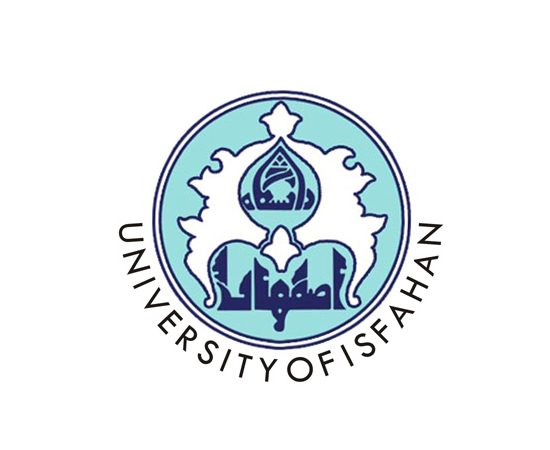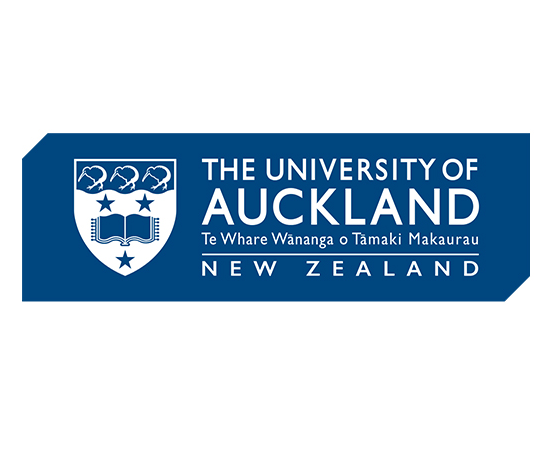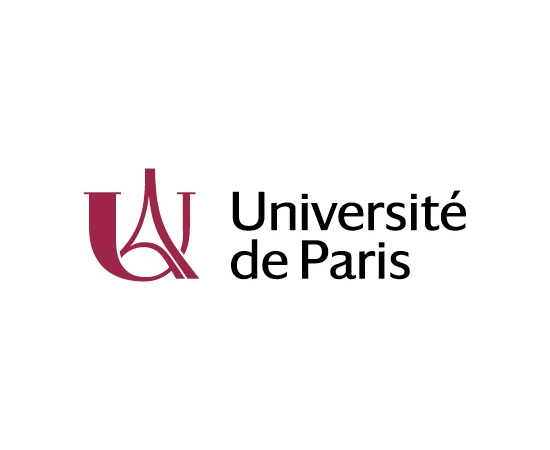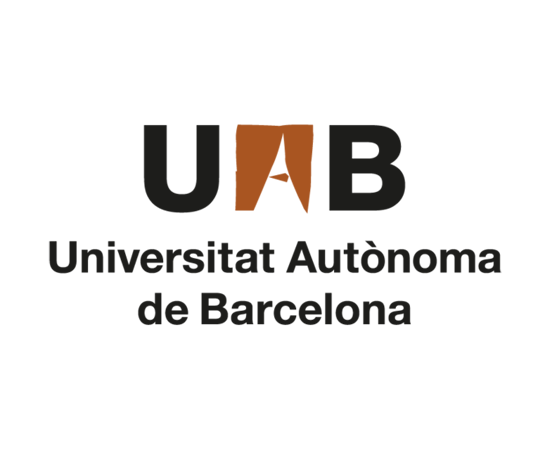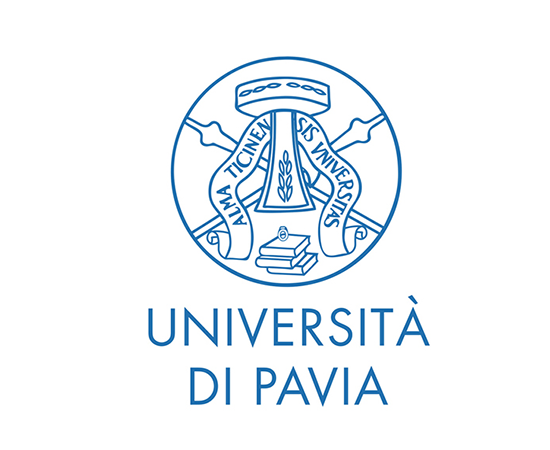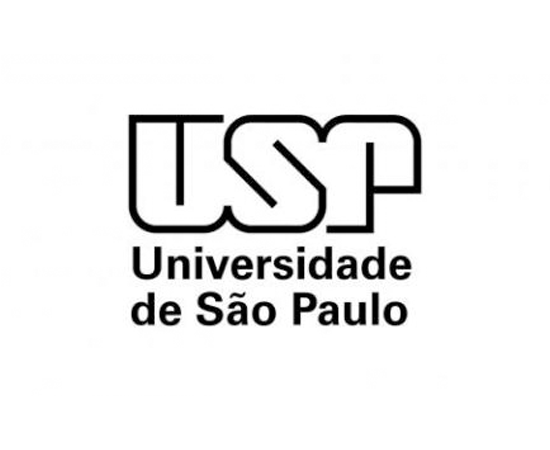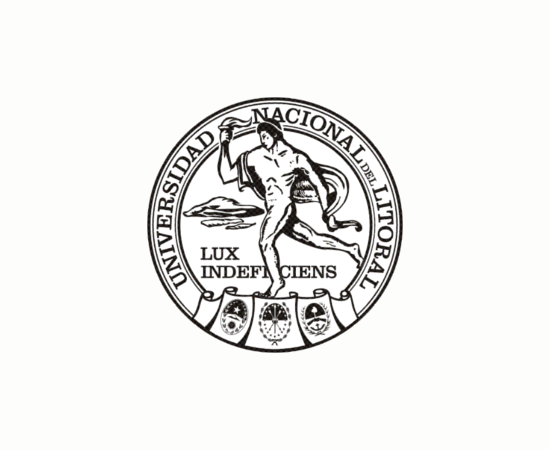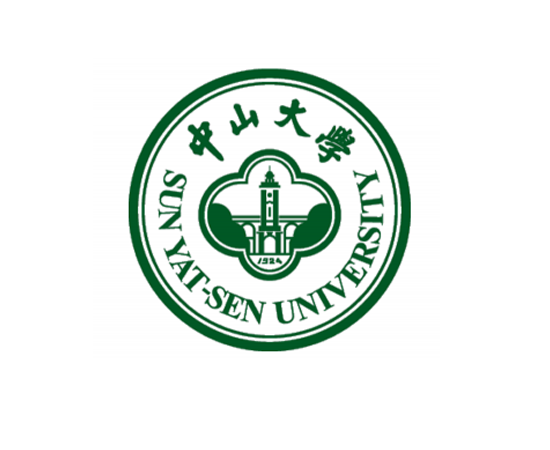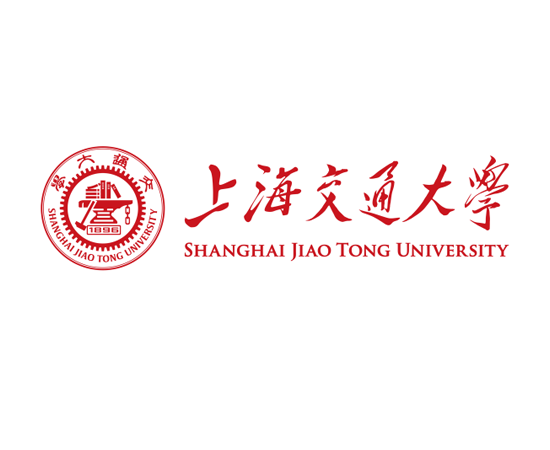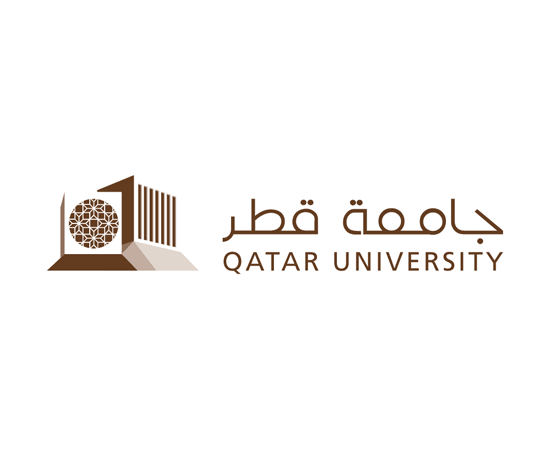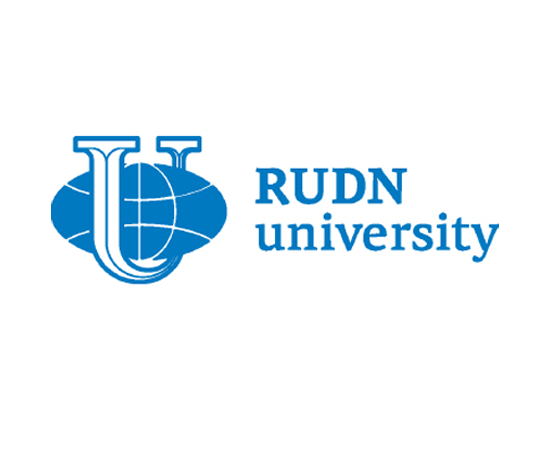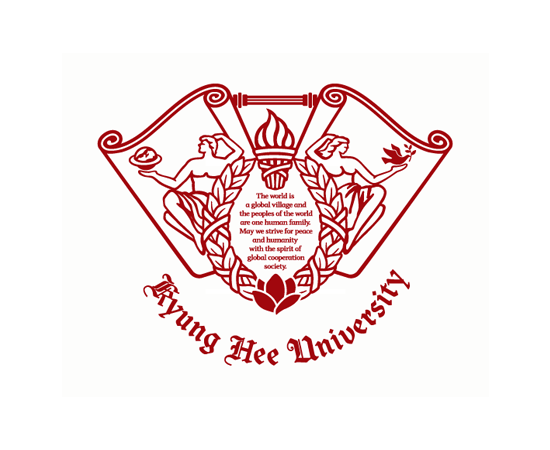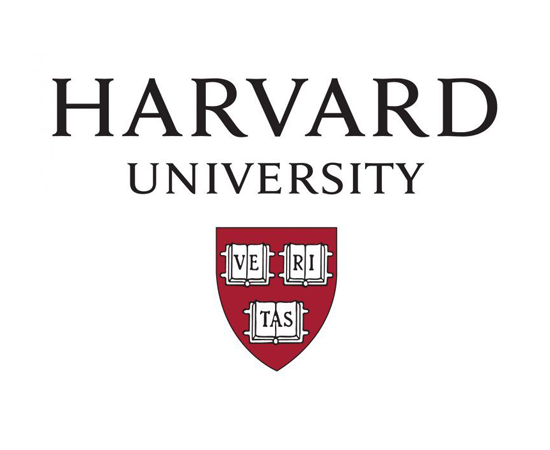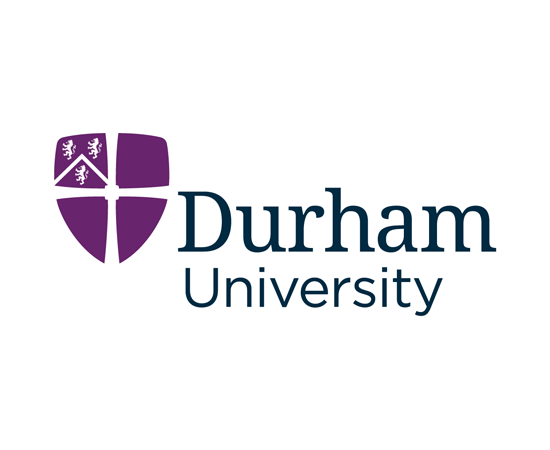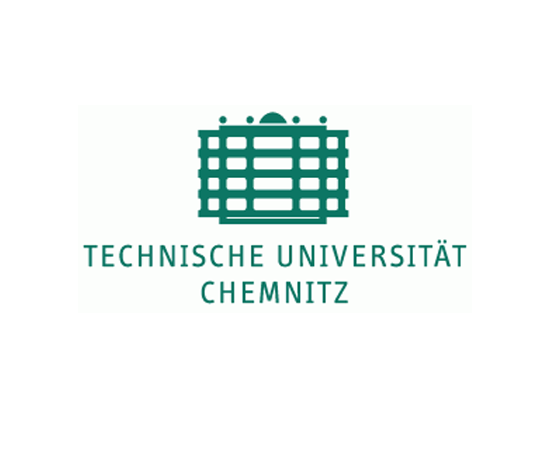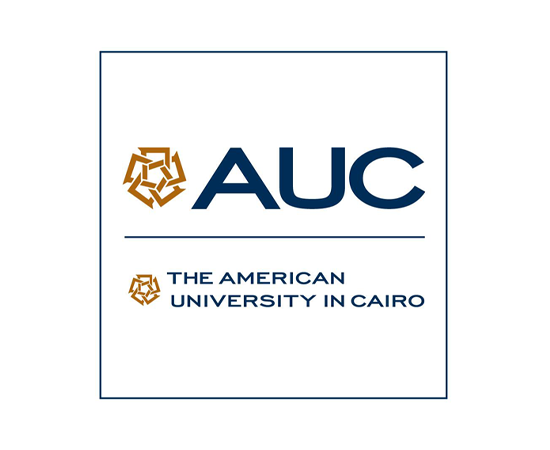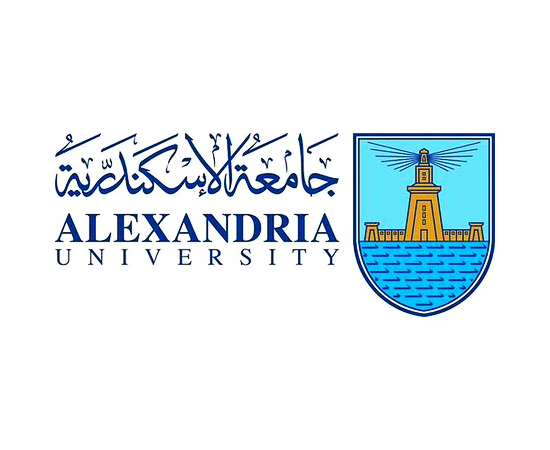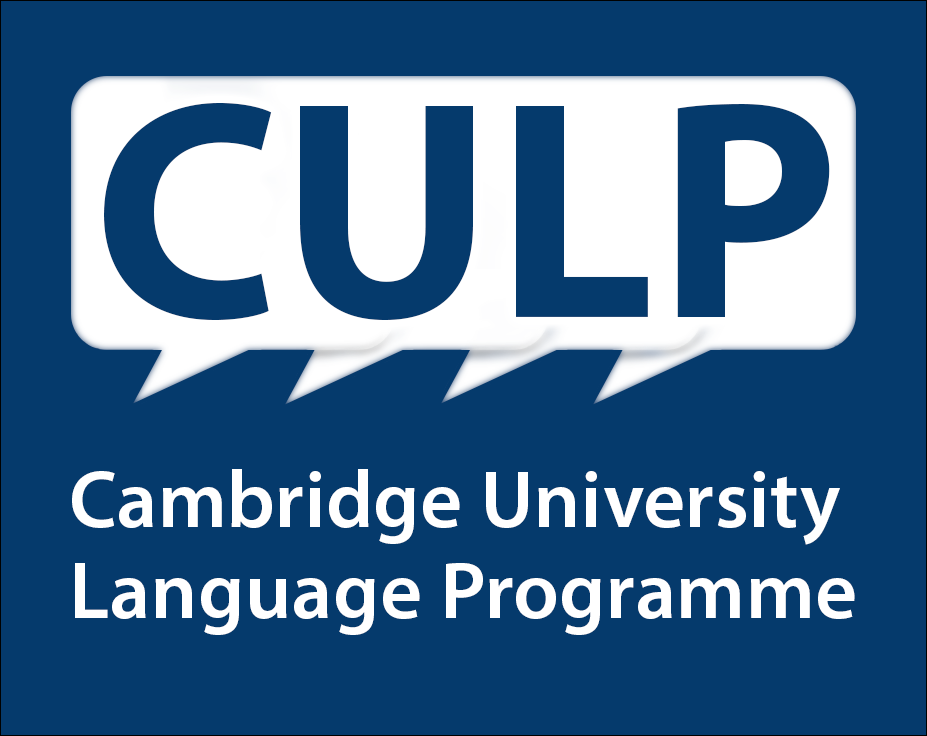Summary
With the 2020 coronavirus pandemic, educational institutions throughout the world had to turn to the remote delivery of their programmes in order to avoid disruption and replace classroom teaching as had been done up to that moment. In this project we are looking at one specific segment, that of language teaching in the higher education sector.
The 2020 online shift caught everyone by surprise. In response, institutions embedded in different cultural, social and political environments, with wide ranging backgrounds in teaching expertise, beliefs and approaches, used a variety of technological and methodological solutions to deliver teaching to their student constituencies.
The global scale of the shift called for the creation of a common platform that would enable and foster open communication across Universities, the exchange of ideas and experiences, and where individual practices could be compared, evaluated and discussed. The aim of this project, therefore, is to bring together language practitioners from a range of countries and institutions and compare their experiences as teachers and/or managers. In putting this collection together, our research interest was to record how individuals engaged in the deployment of their skills and knowledge to meet the needs of the communities in which they belong.
The project provides an insight into the ideas and processes involved by seeking answers to the following research questions:
- RQ1. What was the decision making process like in shifting to remote online teaching? Were the changes implemented in top-down or bottom-up fashion?
- RQ2. Technology, administration or pedagogy, which was the driving force for change?
- RQ3. Predictably, responses to the emergency varied depending on the specific contexts. However, is it possible to discern some patterns emerging?
- RQ4. How have teachers managed to maintain or include interactive elements in their teaching?
- RQ5. How learner-centred was the switch to remote online teaching?
- RQ6. How were task-based approaches included in remote online teaching?
- RQ7. To what extent was the process of moving to remote online teaching able to cater for the diversity of the student body?
- RQ8. What methodological developments did we record?
The studies include national and institutional contexts as well as a wide range of creative responses and also document the support given by information technology to the shift to online teaching and learning. Furthermore, this collection highlights the need for fostering critical digital literacy both in teachers and learners: the supportive, resourceful teacher and the independent, confident learner.
Each of the studies in this collection bears witness to the enormous efforts made during the 2020 COVID-19 emergency period and will serve, we trust, as a useful point of reference for further development of the underlying pedagogical principles.
Based on the collated evidence, we are proud to conclude that our profession rose magnificently to this specific challenge and that we are confident that it will continue to thrive in many diverse educational and learning contexts. We hope to have been moderately, at least, successful in offering inspiration and encouragement to colleagues around the world.
Read more Call for SubmissionsContributors
This global-networking research project offers a unique opportunity to collaborate on a platform where individual practices can be compared and discussed with colleagues from all over the world.
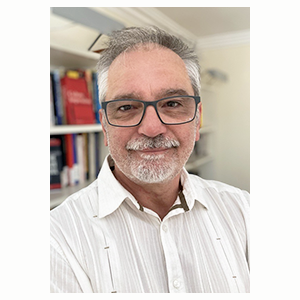
Dr Nebojša Radić
University of Cambridge, UK, The Language Centre, Director of CULP
Editor
Prof Dr Anastasia Atabekova
RUDN University, Moscow, Russia, Head of Foreign Languages Department
Editor
Dr Maria Freddi
University of Pavia, Italy, English Language and Linguistics at the Department of Humanities
Editor
Prof Dr Josef Schmied
TU Chemnitz, Germany, University of Technology
Editor
Mark Critchley
Durham University, UK; Chair of AULC (UK Association of University Language Centres)
Contributor
Silke Mentchen
University of Cambridge, UK, Faculty of Modern and Medieval Languages and Linguistics
Contributor
Dr Mahbod Ghaffari
University of Cambridge, UK, Middle Eastern Studies, Associate Professor in Persian Language and Culture
Contributor
Dr Loreta Chodzkienė
Vilnius University, Lithuania, Institute of Foreign Languages, Faculty of Philology, Associate Professor
Contributor
Dr Olga Medvedeva
Vilnius University, Lithuania, Institute of Foreign Languages, Faculty of Philology
Contributor
Prof Dr Julija Korostenskienе
Vilnius University, Lithuania, Media Linguistics Centre, Institute of Foreign Languages, Faculty of Philology
Contributor
Dr Geneviève Bordet
Université de Paris France, Senior Lecturer Applied Languages Department
Contributor
Dr Sonia Oliver del Olmo
Autonomous University of Barcelona (UAB), Spain, Department of English and German Philology
Contributor
Prof Dr Mônica Ferreira Mayrink O'Kuinghttons
Universidade de São Paulo, Brazil, Área de Língua e Literaturas Espanhola e Hispano-Americana
Contributor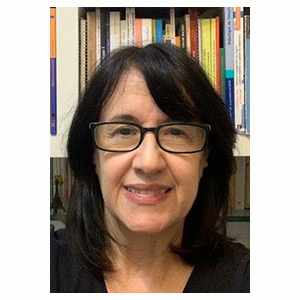
Prof Dr Heloísa Brito Albuquerque-Costa
Universidade de São Paulo, Brazil, Department of Modern Languages (French)
Contributor
Dr Daniel Ferraz
Universidade de São Paulo, Brazil, Department of Modern Languages (English)
Contributor
Dr Lana Habib
Alexandria University, Egypt, Executive Director of TAFL Centre
Contributor
Yasser Kashef
Alexandria University, Egypt, Arabic language lecturer at TAFL Centre
Contributor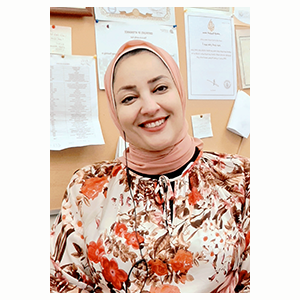
Dr Abeer Heider
Qatar University, Qatar, Lecturer at ANNS (Arabic for non-natives Speakers) Center
Contributor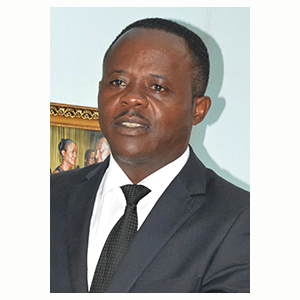
Daniel A. Nkemleke
University of Yaoundé, Cameroon, Head of Department of English
Contributor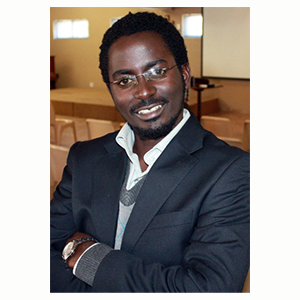
Dr Valentin Uwizeyimana
University of Rwanda, Rwanda, Lecturer and Kinyarwanda Programme Coordinator
Contributor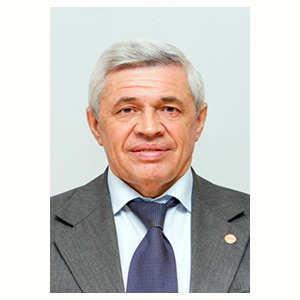
Pr Dr Alexander Belousov
RUDN University, Moscow, Russia, Law Institute Deputy Director
Contributor
Pr Dr Oleg Yastrebov
RUDN University, Moscow, Russia, Head of Administrative Law Department
ContributorContact
If you would like to receive news and updates about the project, please get in touch below...

